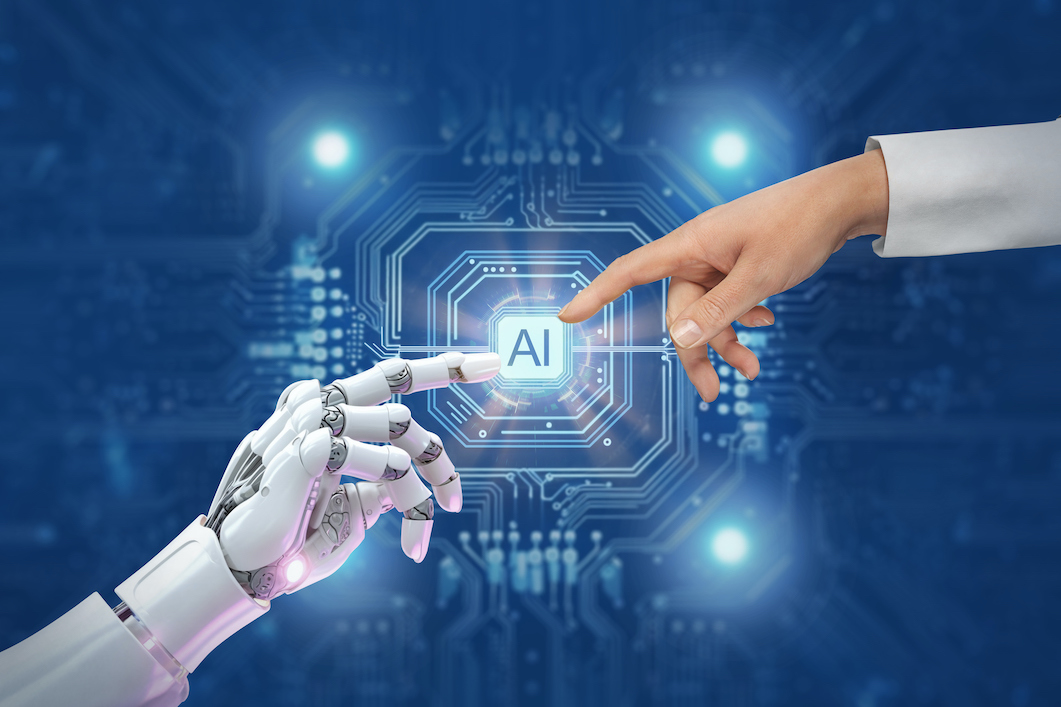
Artificial Intelligence (AI) refers to the development of computer systems that can perform tasks that typically require human intelligence. These tasks include reasoning, learning, problem-solving, perception, language understanding, and decision-making. AI can be categorized into two main types:
- Narrow AI (Weak AI): This type of AI is designed to perform a specific task, such as facial recognition, voice assistants, or recommendation systems. It operates under limited conditions and cannot perform tasks outside its pre-programmed capabilities.
- General AI (Strong AI): This is a theoretical form of AI that would possess human-like intelligence, capable of understanding, learning, and applying knowledge across a wide range of tasks. General AI does not yet exist.
Pros of AI
- Efficiency: AI can process large amounts of data quickly and accurately, leading to faster decision-making and problem-solving.
- Automation: AI automates repetitive tasks, freeing up human resources for more complex and creative work.
- 24/7 Availability: AI systems can operate continuously without the need for breaks or sleep, increasing productivity.
- Personalization: AI can tailor experiences and recommendations to individual users, improving customer satisfaction.
- Innovation: AI can assist in research and development, leading to new discoveries and advancements in various fields.
Cons of AI
- Job Displacement: The automation of tasks by AI could lead to job losses in certain industries, particularly for roles involving repetitive or routine work.
- Bias: AI systems can perpetuate or even exacerbate biases if trained on biased data, leading to unfair outcomes.
- Privacy Concerns: AI often relies on large amounts of data, raising concerns about data privacy and security.
- Dependence: Over-reliance on AI could lead to a reduction in critical thinking and problem-solving skills among humans.
- Ethical Issues: The use of AI in areas like surveillance, military applications, and decision-making raises ethical concerns about control and accountability.
How to Use AI to Enhance General Knowledge
- AI-Powered Learning Platforms: Utilize AI-driven educational platforms like Duolingo, Khan Academy, or Coursera, which offer personalized learning experiences based on your progress and preferences.
- AI-Based Research Tools: Use AI tools like semantic search engines, which understand the context of your queries, to access relevant information quickly.
- AI Writing Assistants: Leverage AI writing tools like Grammarly or ChatGPT to refine your writing, clarify your thoughts, and explore new ideas.
- AI-Driven News Aggregators: AI-powered news apps like Flipboard or Google News can curate news stories based on your interests, helping you stay informed on topics you care about.
- Language Translation and Learning: AI-driven translation tools like Google Translate or language-learning apps can help you learn new languages and understand foreign content.
How to Identify and Avoid AI Scams
- Check the Source: Always verify the legitimacy of any AI-related service or product by checking its source. Look for reviews, ratings, and the credibility of the company or developer.
- Too Good to Be True: Be cautious of AI services that promise unbelievable results or guarantees. Scams often lure people with offers that seem too good to be true.
- Data Privacy: Avoid AI tools that request excessive personal information without a clear explanation of how your data will be used. Legitimate AI services should have transparent privacy policies.
- Unsolicited Offers: Be wary of unsolicited emails, messages, or ads offering AI services, especially those that require payment upfront. Scammers often use these tactics to trick people into sharing financial information.
- Read the Fine Print: Always read the terms and conditions of AI tools and services. Some scams hide important details in the fine print, such as hidden fees or permissions to access your data.
- Educate Yourself: Stay informed about common AI scams by reading about them and learning from others’ experiences. Knowledge is your best defense against fraud.
By understanding AI and using it wisely, you can enhance your knowledge and protect yourself from potential scams.
-Nguyễn Bách Khoa-
